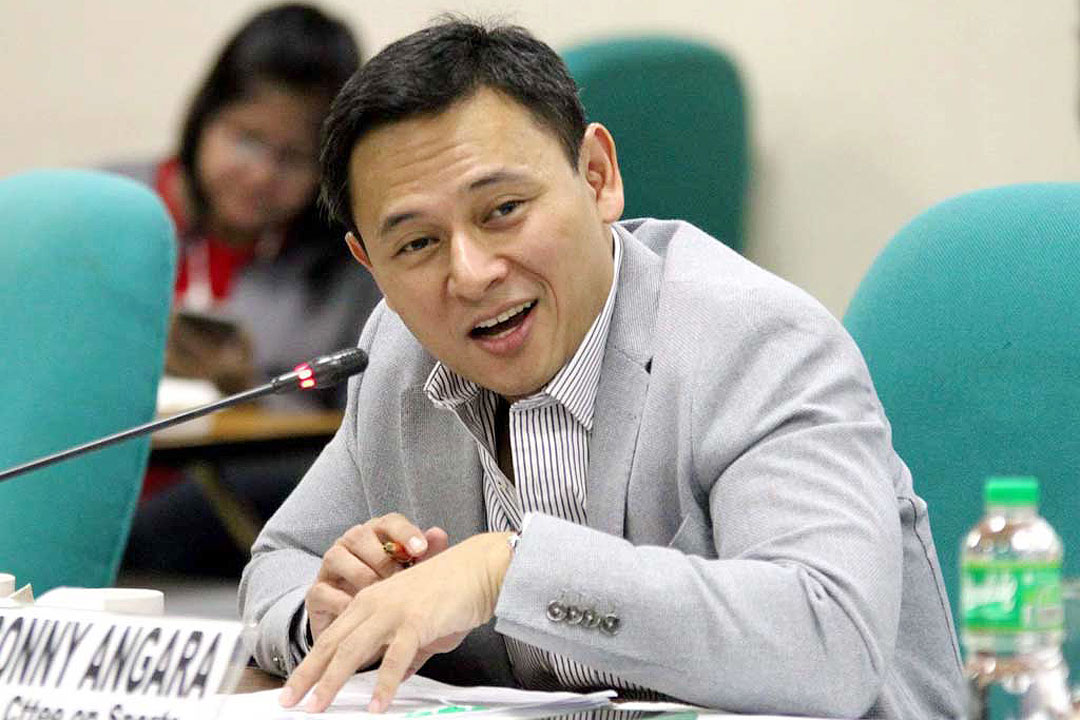THE SENATE raised the allocation for health insurance and public hospitals in its version of the 2022 budget bill, known as the National Expenditure Program, citing the need to support the recovery from the coronavirus disease 2019 (COVID-19) pandemic.
According to the committee report on the Senate’s budget bill, the Department of Health (DoH), the Philippine Health Insurance Corp. (PhilHealth), and government hospitals, will see their allocations raised to P312.3 billion from the current P242 billion. Health agencies will be given the third-largest budget overall, following the Department of Education (DepEd) with P738.6 billion, and the Department of Public Works and Highways (DPWH) with P665.5 billion.
Senator Juan Edgardo M. Angara, who chairs the Senate finance committee, said Tuesday in an online briefing that the health-related programs to be funded include allowances for health workers, contact tracing, testing, and the procurement of booster shots.
“We don’t want to get caught flat-footed next year,” he said. “In case a new variant comes next year, we have to be ready.”
The allocation for COVID-19 benefits and compensation for health workers in the Senate version is P51 billion, with P11 billion programmed and P40 billion unprogrammed. The benefits will go to public and private health workers for the duration of the public health emergency.
Booster shot procurement has been allocated P61.6 billion, with P16.2 billion programmed and P45.3 billion unprogrammed. The estimated cost per dose is P544. The programmed funds can provide for 29.86 million citizens; including unprogrammed funds, the total rises to 83.4 million. Funds were also provided for logistics and hiring of vaccinators.
Some of the larger budget cuts, said Mr. Angara, will come from the National Task Force, the Public Works department, and the Transportation department.
The Senate version also proposes to amend budget rules in order to force the return of obligated funds to the General Fund should they not actually be utilized or disbursed by the end of 2023.
This was done to avoid the “parking” of funds, Mr. Angara said.
The Senate is hoping to have the budget bill approved on third reading by Nov. 25, which would allow the bicameral conference committee to convene by Dec. 2 or 3. Late Tuesday, the proposed General Appropriations Oct. was endorsed to the plenary by Mr. Angara.
Health funding is proving to be contentious after the People’s Budget Coalition said in a policy paper that P1.163 trillion — about a fifth of the 2022 budget — is not explicitly allocated for identifiable pandemic response measures.
“The National Government has missed the opportunity to provide aid and stimulus,” it said. “There is a need to reallocate fiscal space from non-urgent programs towards a mix of programs that prioritize health and inclusive recovery.”
The Coalition proposed to boost funding for health, labor and employment, social protections, education, and transport, and to divert funding from infrastructure and non-priority programs such as funding for the Government Corporate Counsel and confidential and intelligence funds for the Office of the President.
“When the pandemic started in 2022, we saw the poor pandemic response, and how important it is to be vigilant about it,” Julie Caguiat, representative of the Citizens Urgent Response to End COVID-19 (CURE COVID) Network, said in an online briefing. “The 2022 budget, while boasting of a 17% increase, only gives token amounts to the pandemic response.”
It recommended a P176.1 billion allocation for health worker benefits, affordable testing, and contact tracing.
The group is pushing for an employment program to be supported with funding of P268.1 billion, including wage subsidies, skills training, and contracts for public utility vehicle operators to support their livelihood.
“The massive loss of livelihood likely contributed to the incidence of 4.2 million families who experienced involuntary hunger earlier this year,” it said.
“There is no economy that can be saved if workers become sick and die. All talks should be centered on the circumstances of the people,” according to Benjamin Alvero III of Sentro ng mga Nagkakaisa at Progresibong Manggagawa, speaking at the same briefing. — Alyssa Nicole O. Tan
